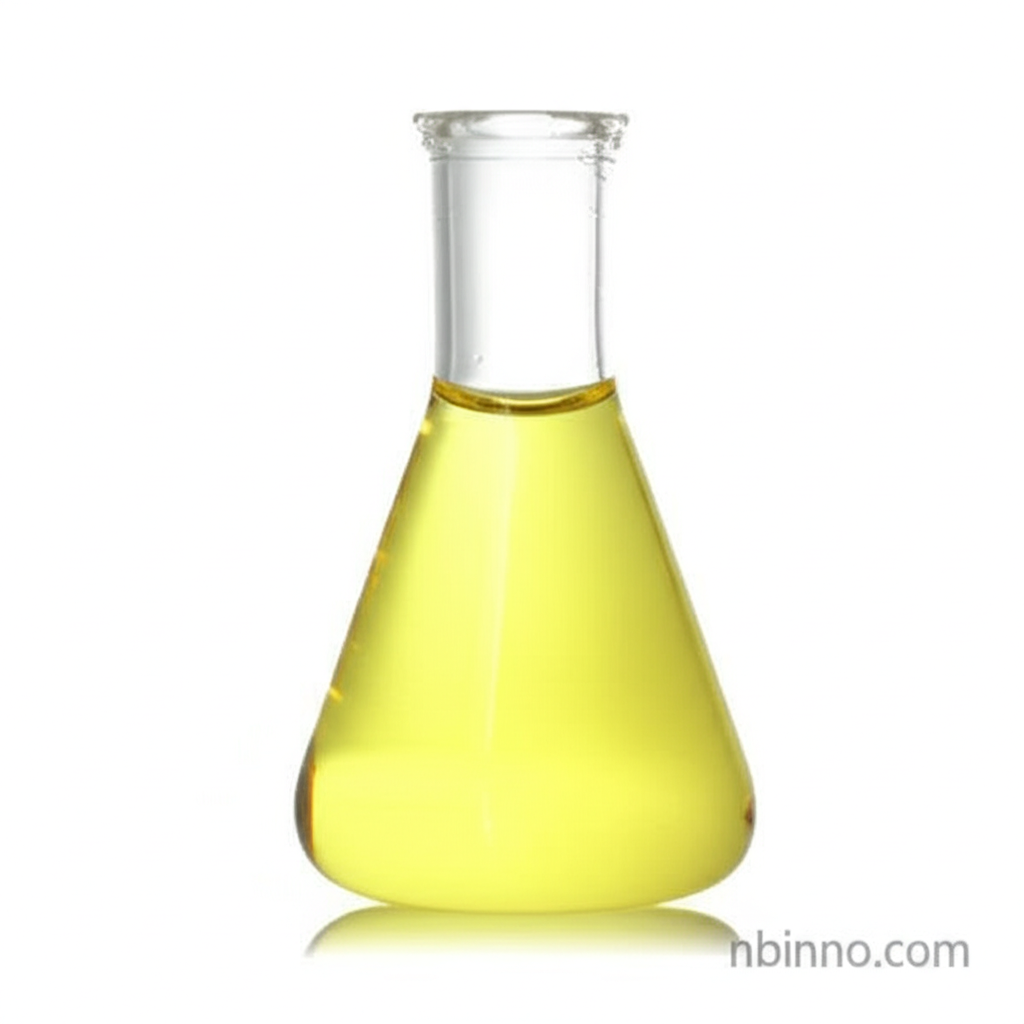3-Sulfanylpropanenitrile: A Versatile Intermediate
Discover the synthesis, properties, and diverse applications of this key bifunctional organic compound.
Get a Quote & SampleProduct Core Value

3-Sulfanylpropanenitrile
This bifunctional organic compound, also known as 3-mercaptopropionitrile, possesses both a reactive thiol (-SH) and a nitrile (-C≡N) group. This unique combination makes it an invaluable building block for complex organic synthesis, enabling diverse chemical transformations and applications across various industries.
- Explore the chemical intermediate applications of 3-cyanoethanethiol in advanced synthesis projects.
- Understand the chemical properties of 3-mercaptopropionitrile for your next chemical development.
- Learn about the key chemical intermediate applications of 3-sulfanylpropanenitrile (CAS 1001-58-7) in various industrial sectors.
- Investigate the CAS 1001-58-7 chemical intermediate for its role in medicinal chemistry and material science innovations.
Key Advantages
Versatile Reactivity
The presence of both thiol and nitrile functionalities allows for a wide range of chemical reactions, making it a highly adaptable building block for creating complex molecular structures.
Synthetic Utility
Utilize 3-mercaptopropionitrile in organic synthesis to efficiently build pharmaceuticals, agrochemicals, and specialty materials, enhancing your research and development efforts.
Material Science Applications
Its ability to form self-assembled monolayers on metal surfaces makes it ideal for developing advanced biomaterials and surface coatings, contributing to innovative material solutions.
Key Applications
Organic Synthesis
As a versatile synthon, it plays a crucial role in the synthesis of numerous organic compounds, including heterocyclic scaffolds and functionalized molecules, aiding in the development of novel chemical entities.
Medicinal Chemistry
Its capability to form stable complexes with metal ions and interact with biological targets makes it a compound of interest for designing enzyme inhibitors and potential therapeutic agents.
Biochemical Research
Researchers leverage 3-mercaptopropionitrile as a biochemical probe to study enzyme mechanisms and protein interactions, contributing to a deeper understanding of biological processes.
Material Science
The compound is employed in creating chemically defined surfaces for biomaterials research and in the development of advanced coatings and polymers due to its specific performance characteristics.
